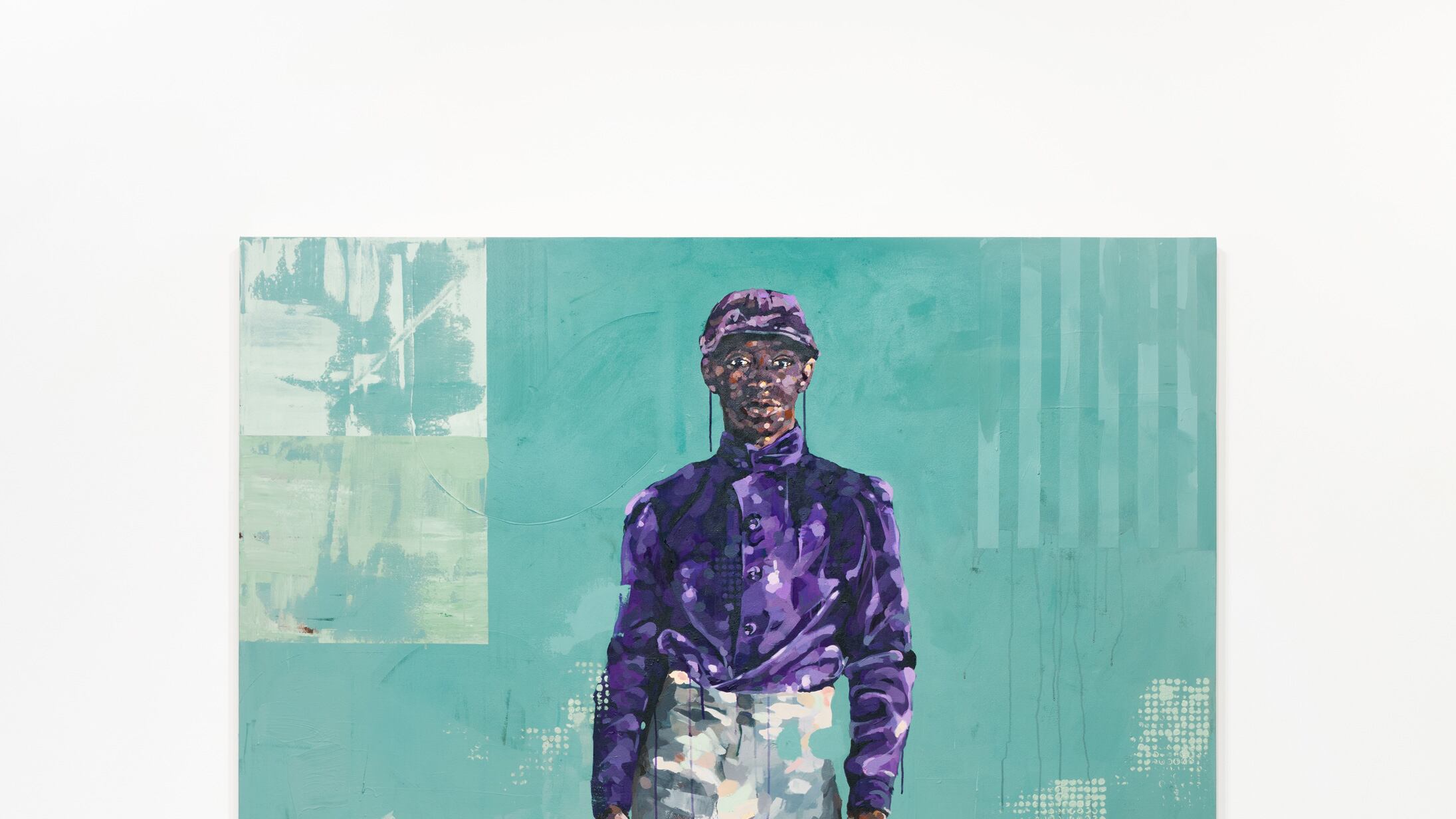Black Artists of Oregon, opening Sept. 9 at the Portland Art Museum, is an intergenerational exhibit featuring 67 Black artists all cut from remarkably unique cloths, creating a metaphorical (or spiritual) quilt that is as diverse as it is dynamic as it is impactful as it is stunning.
Curated by interdisciplinary artist Intisar Abioto, whose work is legacy in Portland’s Black community, Black Artists of Oregon revels in Abioto’s years of research, exploring the vast landscape of Black art in a state not known to be the most hospitable to Black people.
Since 2015, Abioto’s prolific photo series The Black Portlanders turned the notion that Portland was uniformly homogeneous on its hyperbolic head by featuring none but portraits of Black folks living, working, thriving and surviving in Portland. This exhibition exacerbates and partitions that energy into something just as culturally necessary, if slightly more accessible (and will be the first of its kind to consider the work of Black artists collectively in Oregon).
Black Artists of Oregon as an exhibition was born from Abioto’s personal exploration of Oregon’s Black art world, starting in earnest during the winter of 2018. “I spent time in regional and national institutional archives,” Abioto says. “I’d been living here in Portland for eight years and realized that I didn’t have an understanding of the Black artists who’d lived here in eras before me.”
Spanning works from the 1800s to the present, Black Artists of Oregon features pieces from both radically contemporary creators and trailblazing modern ancestors, like those of Indigenous artist (and elected official of the Klamath Tribes Tribal Council) Natalie Ball, whose intricate, grandiose artworks cohere the singular experience of Black and Indigenous life in the U.S. through sumptuous mixed materials.
Also featured are the works of the late, great Thelma Johnson Streat, the first African American woman to exhibit her work at New York’s Museum of Modern Art. And though most of the featured artists are Northwest natives, transplants are treated with commensurate honor. The hypnotic portraits by Jeremy Okai Davis, who relocated to Portland from Charlotte, N.C., are a particular highlight—specifically, his tender rendering of the aforementioned Thelma Johnson Streat.
The exhibition and programming will also include the works of contemporary and younger artists, including sidony o’neal, damali ayo, Sharita Towne, Melanie Stevens, Lisa Jarrett, Tristan Irving, Ebin Lee and Jaleesa Johnston. However, express attention is given to works created during the Black Arts Movement of the late 1960s, ‘70s and early ‘80s, grounding the exhibit in the work of elder artists and the intergenerational conversations between their art and the art they may very well have inspired.
Additionally, there are ancillary, offsite multimedia layers in this exhibition that are intended to ripple throughout Portland’s art scene—namely a podcast series produced by The Numberz FM, the city’s premier rap and hip-hop radio station, that’s set to feature interviews and conversations hosted by Abioto and published both through The Numberz FM as well as PAM’s Art Unbound podcast in anticipation of the exhibit’s launch.
“Our programming seizes the opportunity to uplift Black and Brown voices to share their experiences with their own community,” says DJ Ambush, executive director of The Numberz FM. “Through our partnership with the Portland Art Museum, we’re cooking up and delivering liberated Black media.”
For fans of Abioto’s own works, expectations for this curatorial enterprise are high. For nearly decade, Abioto’s candid images have gracefully captured a Portland that few non-natives experience (and have kept me and many others on our sartorial toes lest she be in the vicinity capturing the many shades of Black Portland). It stands to reason that this exhibition will be just as irrepressible, joyful, breathtaking and seismically transformative.
SEE IT: Black Artists of Oregon exhibits at the Portland Art Museum, 1219 SW Park Ave., 503-226-2811, portlandartmuseum.org. 10 am-5 pm Wednesday-Sunday, Sept. 9-March 17. $22-$25, members and children 17 and under free.
